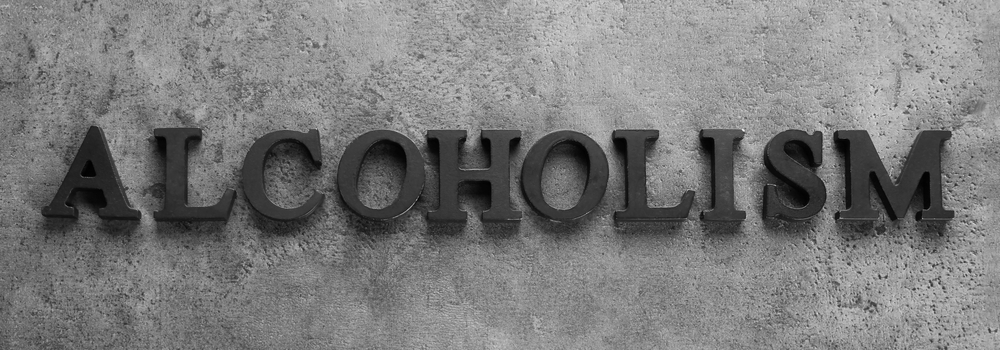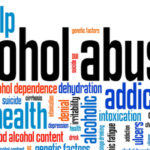0.20:
This is the “blackout drunk” stage. When an individual reaches this stage of intoxication, they are completely disconnected from themselves in mind and body. Disorientation sets in along with the inability to move properly. Nausea often turns into vomiting at this stage. Dangerously, this is a stage of intoxication where an individual is at risk for choking on their own vomit.10.25:
Between blackout drunk and passed out drunk is this phase of intoxication. At this stage, the ability to normally function in mind or body is completely gone. In and out of consciousness, the risk of choking on vomit or becoming seriously physically injured is heightened.0.30:
This stage can be called the “drunken stupor”. In addition to all mental and motor function being lost, an individual this drunk has also lost recollection of where they are, who they are, and what they are doing. A big risk for this stage of intoxication is passing out. Passing out can happen at different stages of intoxication. For individuals who have reached this level of BAC, it can be difficult to wake them back up. If they vomit in their sleep or cannot be woken up, there can be severe consequences. Consequences worsen as the BAC goes up from here.0.35:
If someone surpasses the drunken stupor stage to being completely incoherent, they are at risk for falling into a coma. They are essentially anesthetized.0.40 or above:
Alcohol is a depressant substance which means it causes the body, the brain, and the organs, to slow down in the way they function. When BAC levels reach this alarmingly high level, the body is at risk for shutting down completely. Coma is still a risk. A greater risk at this stage is respiratory depression or respiratory arrest. An individual might be so intoxicated they stop breathing entirely, cutting off critical oxygen flow to the brain and the heart. Death is possible.2Tree House Recovery is a men’s addiction treatment facility offering long term partial care options. Our program combines the best of clinically proven therapy, intense fitness regiments, and the adventure of the great outdoors. Call us today for information: (503) 850-2474
FAQ: Understanding High BAC Levels
At 0.20% BAC, the brain loses control, leading to slurred speech, blurred vision, poor coordination, vomiting, dulled pain perception, and increased risks of falling, choking on vomit, or losing consciousness as protective reflexes shut down.
At 0.25% BAC, heavy sedation, slowed breathing, reduced heart rate, and a weakened gag reflex greatly increase the risk of choking on vomit and unconsciousness. Without urgent care, death is possible, making this a medical emergency.
Alcohol poisoning can begin at 0.25%. By 0.30%, unconsciousness is common. At 0.35%, breathing may stop. Any BAC level that is higher than 0.35% can lead to death.
Yes, a BAC of 0.40% can be fatal. At 0.40%, your heart and lungs can fail, and the central nervous system shuts down and brain damage is probable.
Call 911 immediately, position the person on their side to prevent choking on vomit, check for consciousness, and remember that high BAC is life-threatening.
Sources
- University of Toledo Counseling Center. Blood Alcohol Concentration (BAC). University of Toledo. https://www.utoledo.edu/studentaffairs/counseling/selfhelp/substanceuse/bac.html. Accessed June 16, 2025.
- West Virginia University. Blood alcohol concentration (BAC) effects chart. Greek Life – West Virginia University. https://greeklife.wvu.edu/files/d/2aabe8c2-f91a-4cbb-82f7-dd5cdc9c1cec/bac-effects.pdf. Accessed June 16, 2025.
Related Posts
-
How Drunk Is Drunk? Understanding Intoxication And BAC Levels
If you ask someone who is intoxicated, or is about to get intoxicated, about their…
-
The Bottom Line About Addiction
Few men come to treatment on a high note. Men who come to treatment for…
-
Addiction and The Brain
Addiction affects the brain in different ways. Long term substance abuse can have a dramatic…




